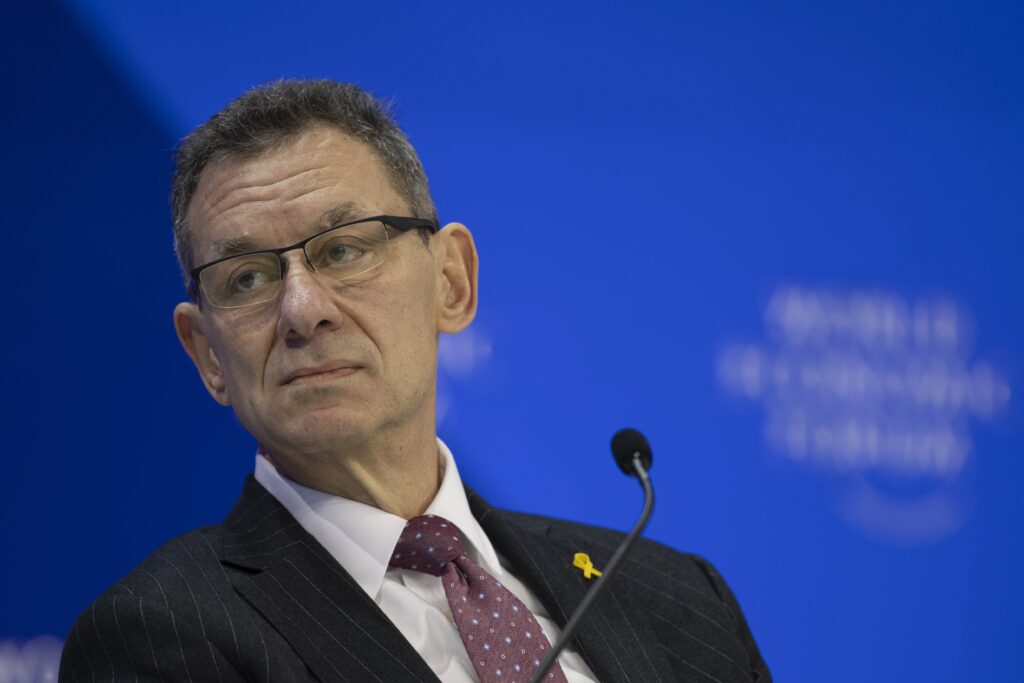The Ongoing Impact of Covid: Transparency, Leadership, and Lessons Learned
The Covid pandemic has left an indelible mark on societies worldwide. Beyond the immediate health crisis, the decisions and actions taken by leaders have sparked ongoing discussion about transparency and public trust. As the world continues to assess the aftermath, critical questions remain about institutional accountability, particularly within the European Union (EU).

Covid, Transparency, and the 'Pfizergate' Scandal
One of the most debated issues during the height of the Covid crisis was the negotiation for vaccine procurement. The EU chose Pfizer as its primary supplier, and the details of these agreements came under intense scrutiny. A major controversy, known as 'Pfizergate,' centered around text message exchanges between European Commission President Ursula von der Leyen and Pfizer CEO Albert Bourla. These messages, sent during tense Covid vaccine negotiations, raised concerns about transparency and the proper documentation of pivotal decisions.
The case reached the EU’s General Court, with many demanding the publication of the texts. Critics, including members of the European Parliament and NGOs, argue that decisions affecting millions should not be made behind closed doors. For an in-depth analysis of the case and its implications for EU governance, read "Is the ‘Pfizergate’ ruling the moment von der Leyen finally gets held to account?" (POLITICO).
The Legal Battle Over Covid Vaccine Negotiations
At the heart of the legal proceedings is the question of whether the European Commission violated transparency rules by withholding the messages. The court heard that if these texts contained substantive discussions about vaccine procurement, they should have been archived and accessible. However, Commission officials contended that, due to their ephemeral nature, such communications are often excluded from formal records. The complexity of these legal and ethical debates highlights ongoing challenges in maintaining accountability during crises. Get more details on the legal process and the perspectives involved in this article from Yahoo News.
Political Fallout: 'Long Covid' for Leadership
Despite the uproar, it is likely that Ursula von der Leyen will remain largely unscathed politically. Analysts describe her situation as a case of 'political long Covid.' While there have been calls for more openness, the realities of power dynamics in Brussels make significant consequences unlikely. Furthermore, any judgment will probably be leveraged for political gain by various parties, particularly those critical of EU bureaucracy. For further analysis on this ongoing saga, refer to "Pfizergate and von der Leyen's political long Covid" by Euractiv.
Lessons for Future Crisis Management
The Covid pandemic has emphasized the importance of transparency and accountability in governance. Ensuring that key decisions are made openly – particularly those that impact public health and financial resources – builds trust in institutions. Clear guidelines for documenting and archiving communications, even in urgent situations, are essential for public confidence.
As the EU and the world prepare for future crises, the lessons of Covid should guide reforms in transparency standards and leadership accountability. Open communication and robust documentation are not only democratic obligations, but crucial pillars for effective crisis response.
Summary:
The Covid crisis has reshaped expectations around transparency and leadership. While recent controversies have spotlighted gaps in EU practices, they also offer an opportunity for meaningful reform. Staying informed about these developments enables citizens to hold decision-makers accountable and ensures a stronger response in the future.